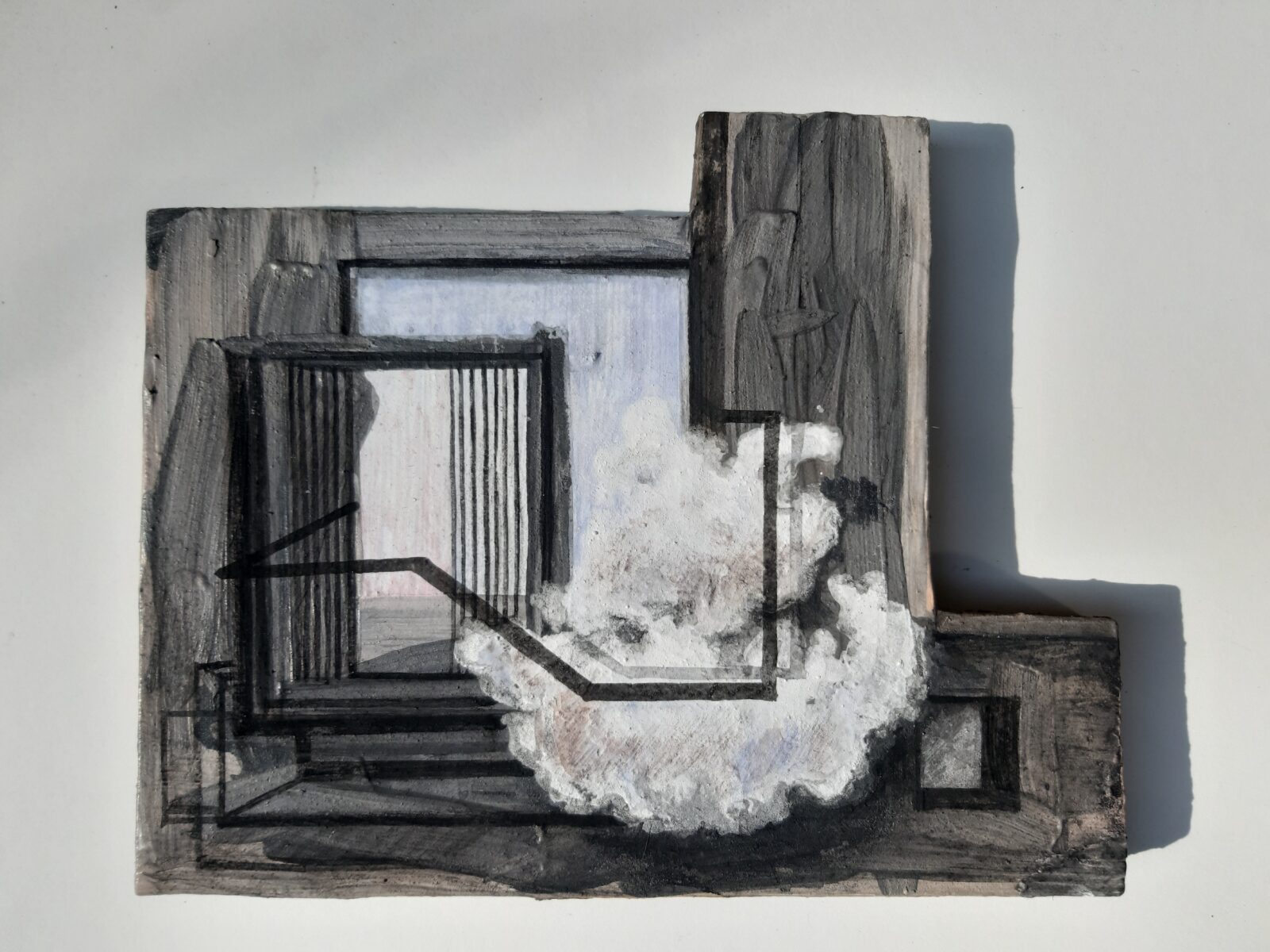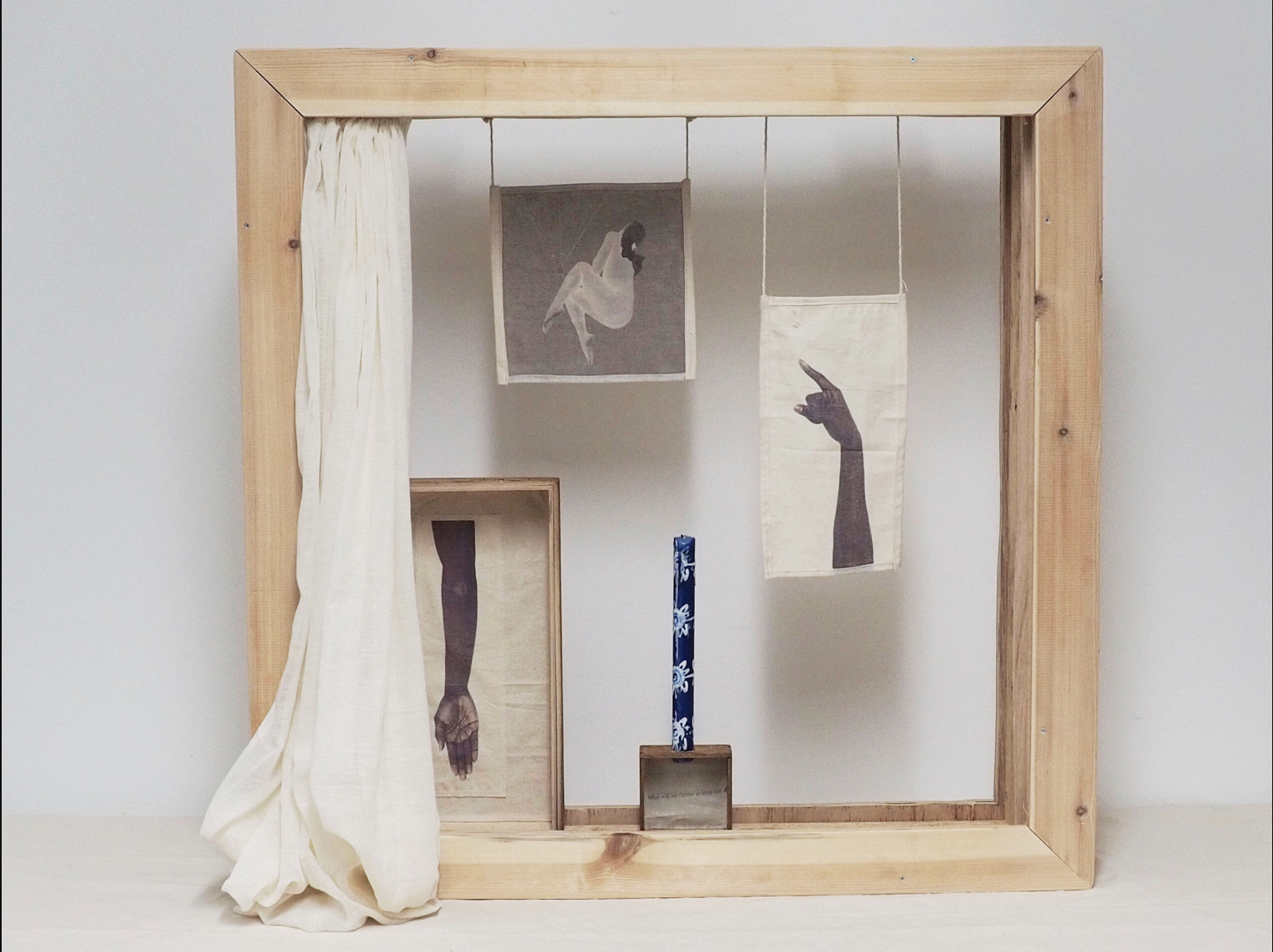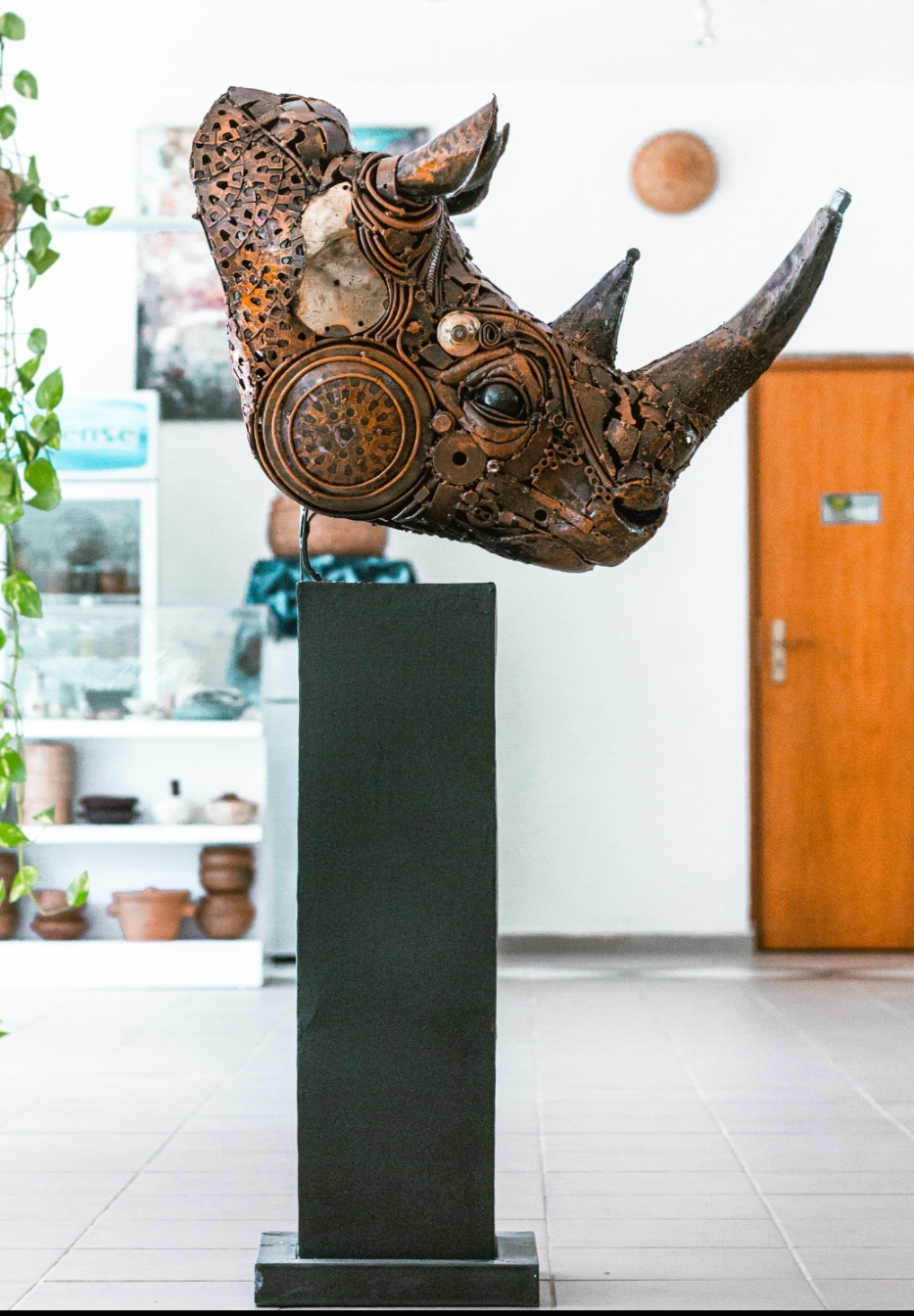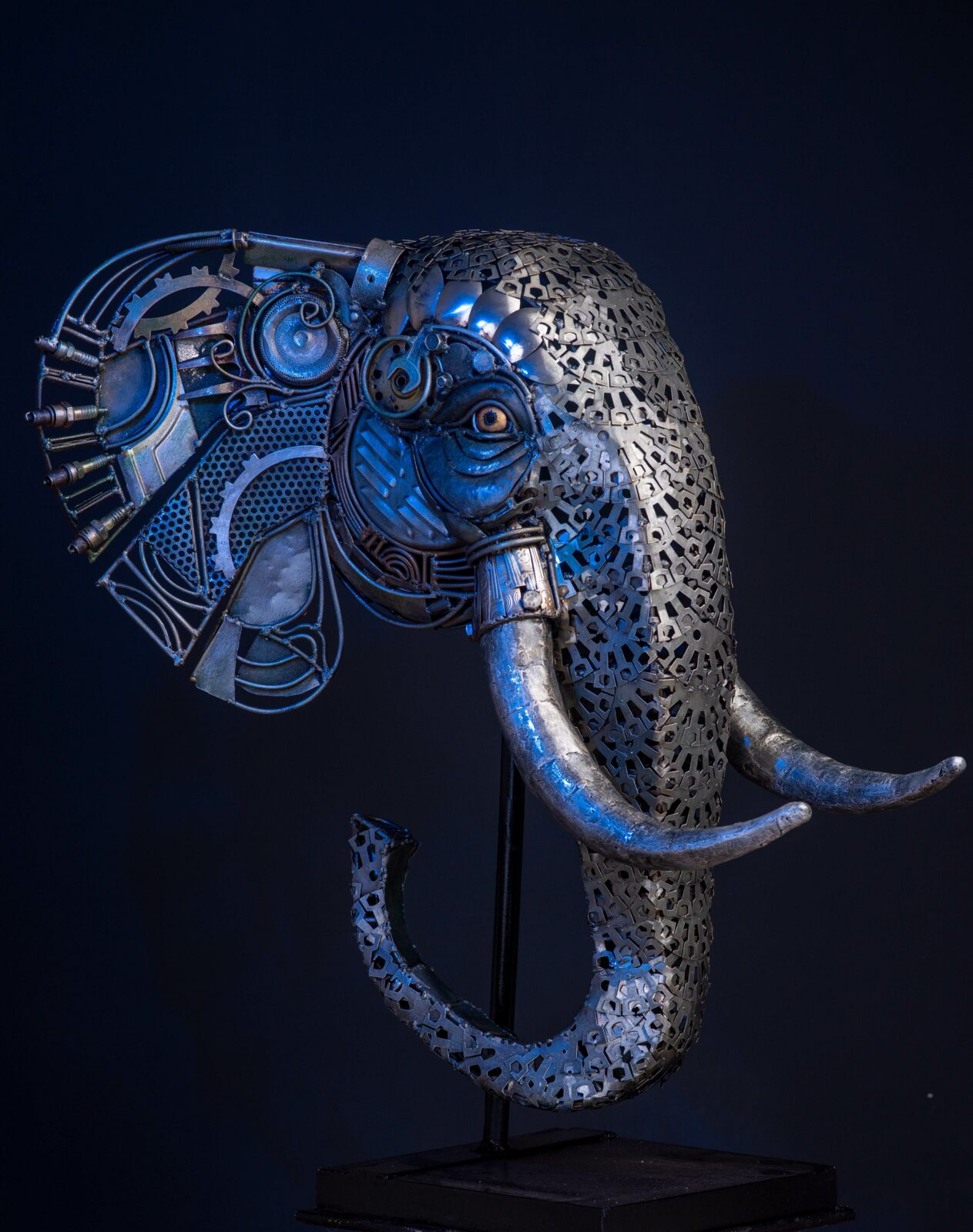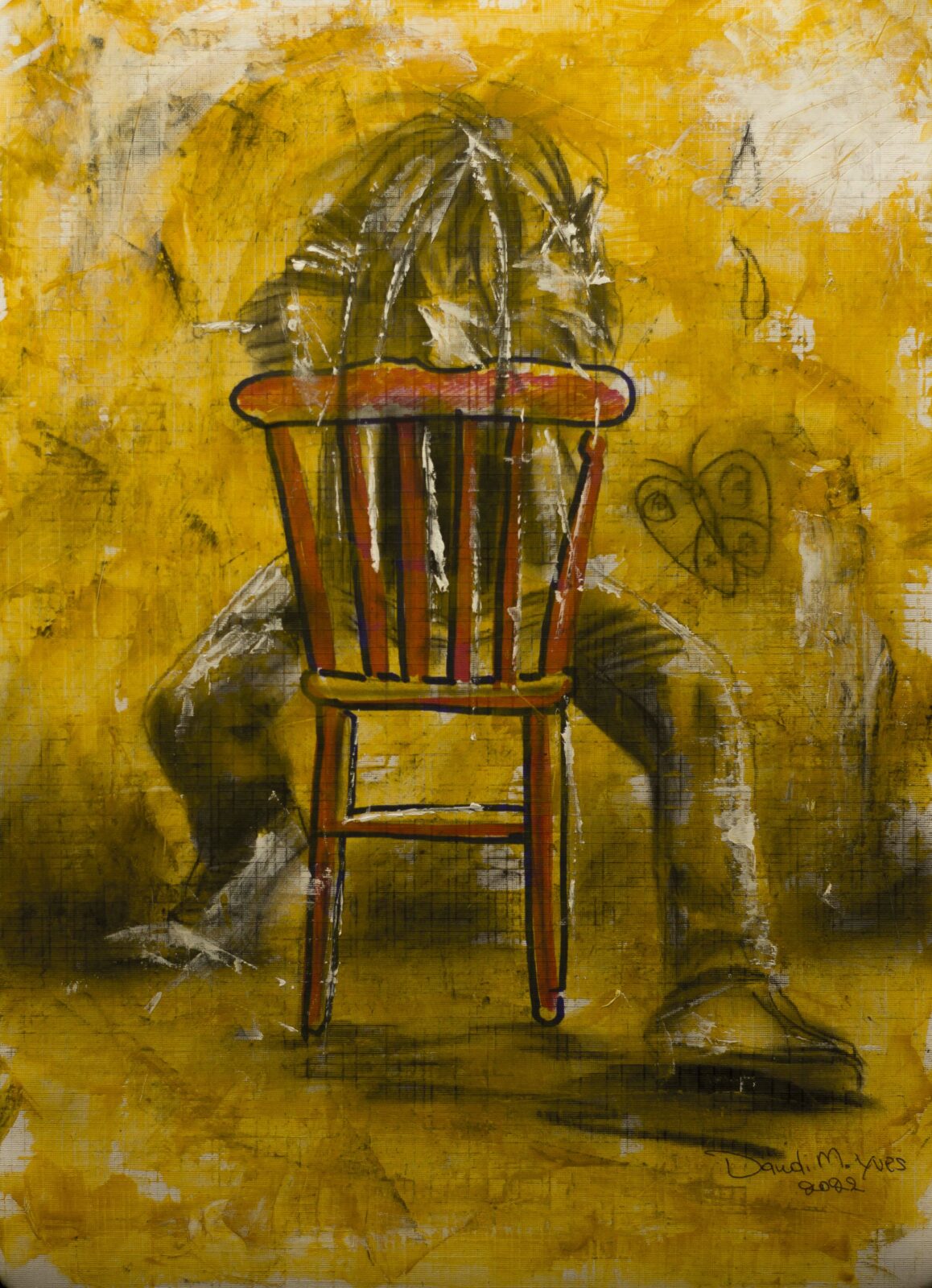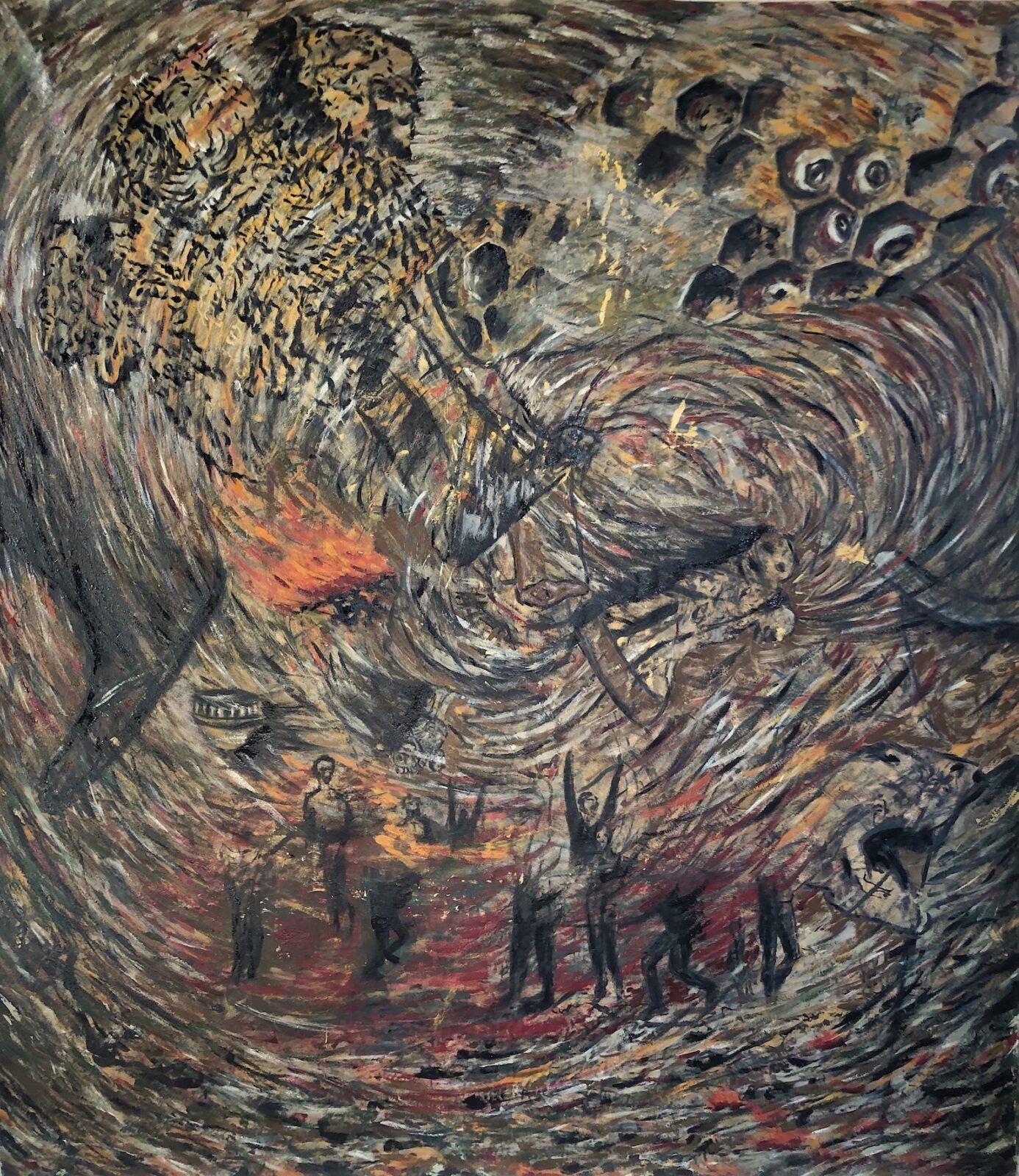Spring|Summer 2022 Gallery
Selections from works uploaded by artists to their portfolios on Emergent Art Space during Spring and Summer 2022.

9ft X5ft
I live in one of the dense areas of Delhi which has multistory buildings and narrow streets. Strolling in these streets leads me to this artwork. When I visit these streets and see upward, I can see a narrowly defined sky from the isles or the buildings are visible in a long lane. This defined sky inspires me to this artwork and it has some metaphorical meanings related to my personal life. I am starting to explore some of the questions from this artwork viz. how much we are surrounded by these urban spaces, and how these kinds of urban spaces are growing rapidly and affecting us physically as well as psychologically. How we came here and where we are going.
The Gravity of Sky was a part of the group show World Within World Without co-curated by Prima Kurien and Rahul Kumar represented by gallery Art Incept.
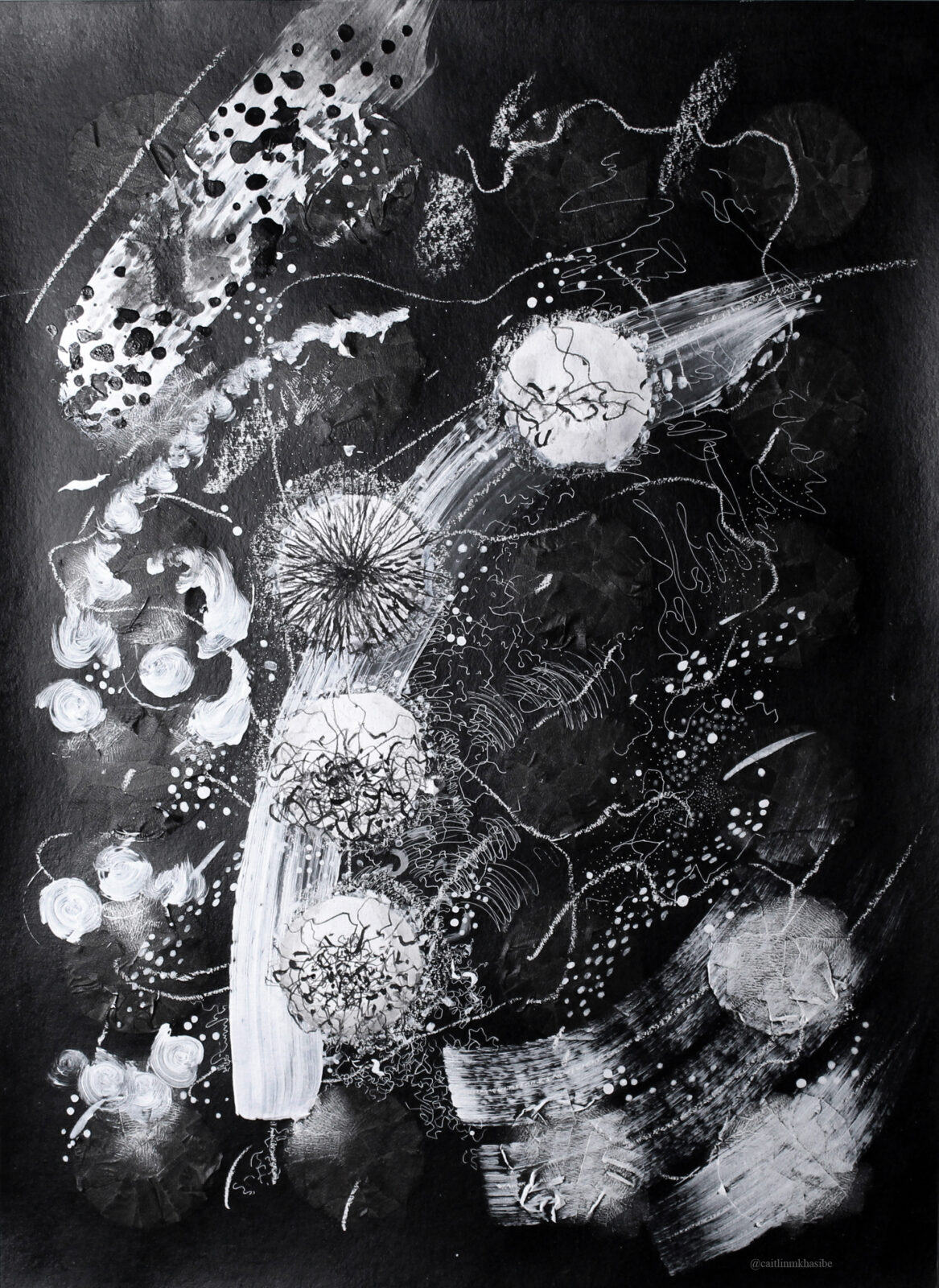
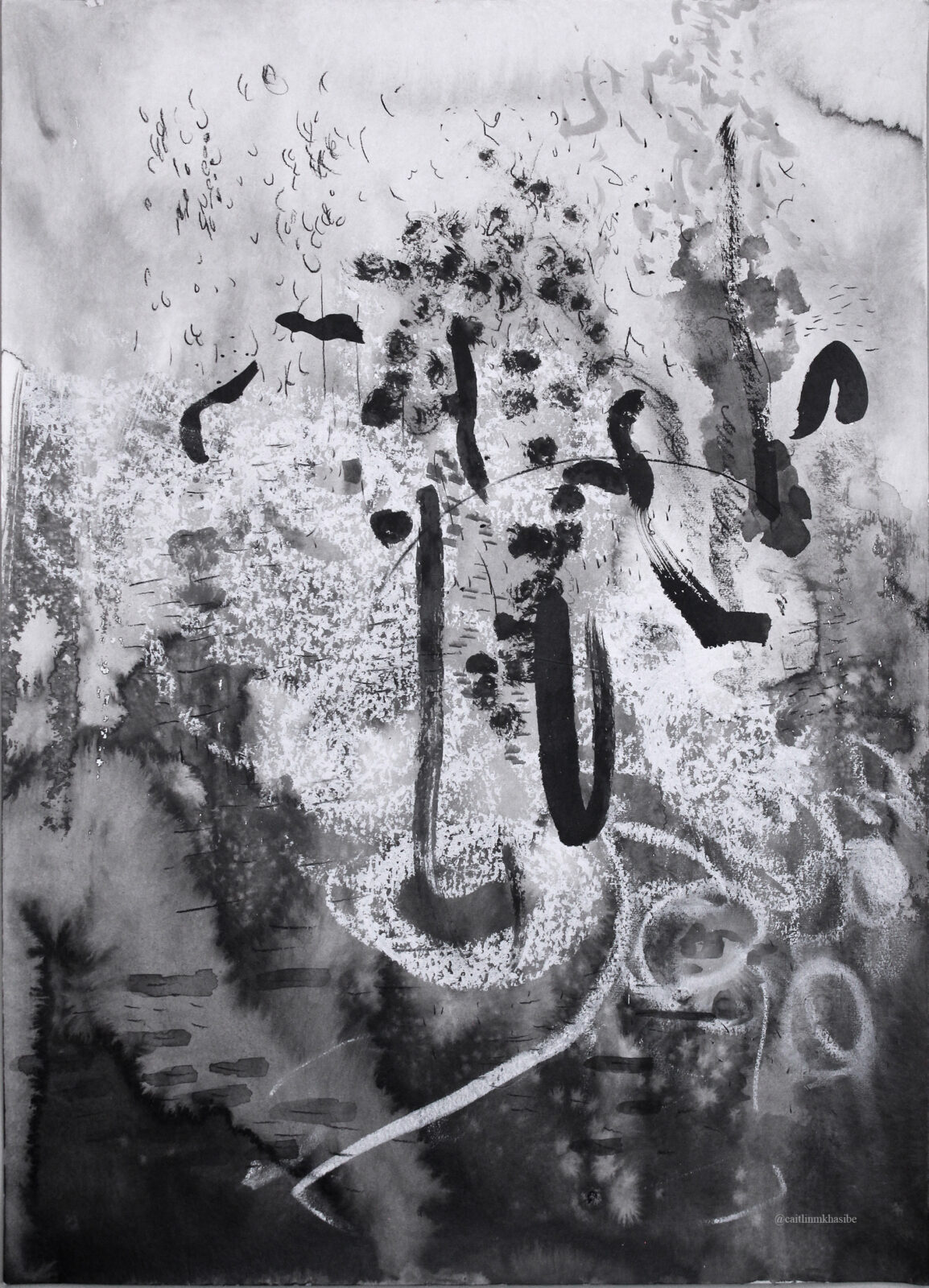
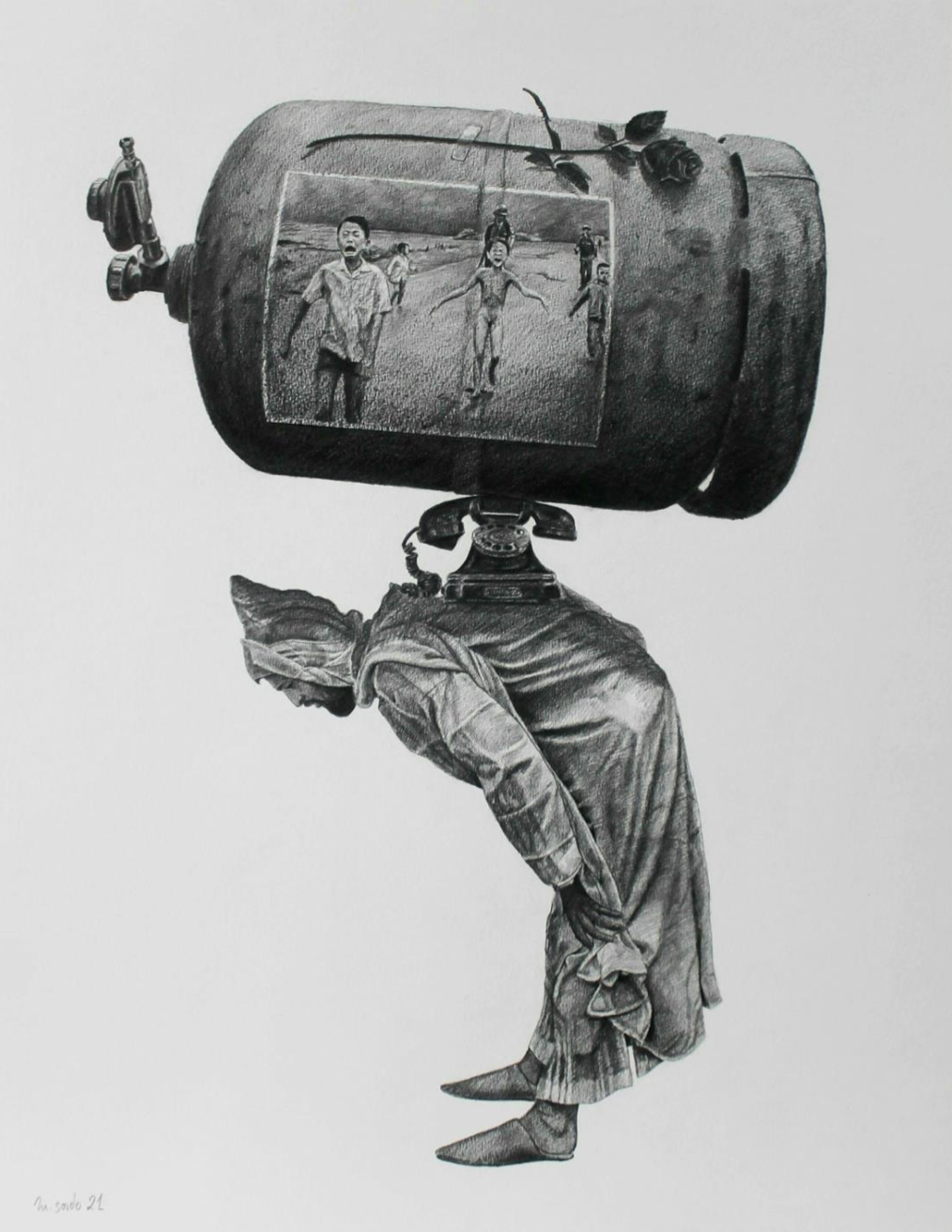

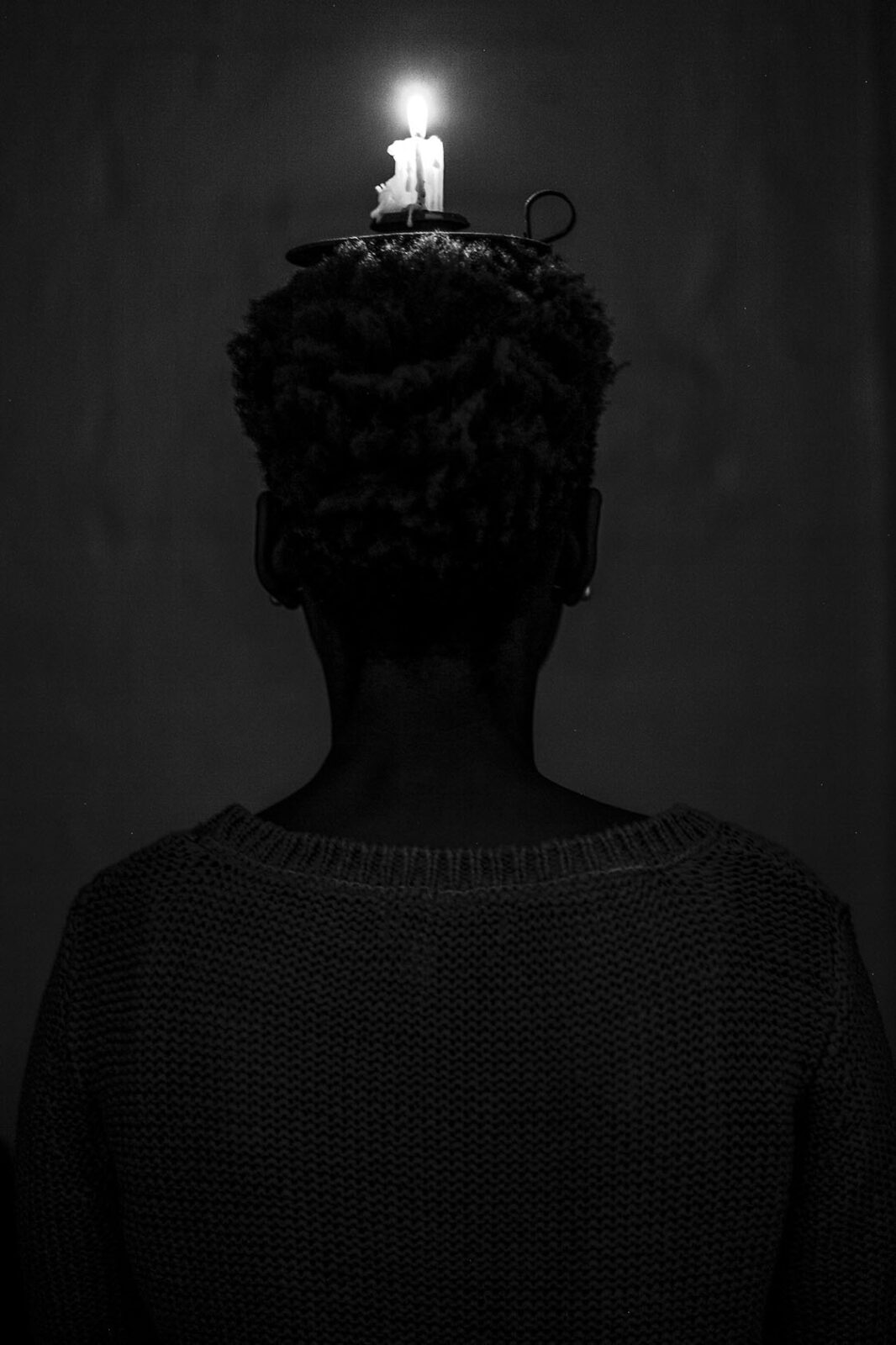


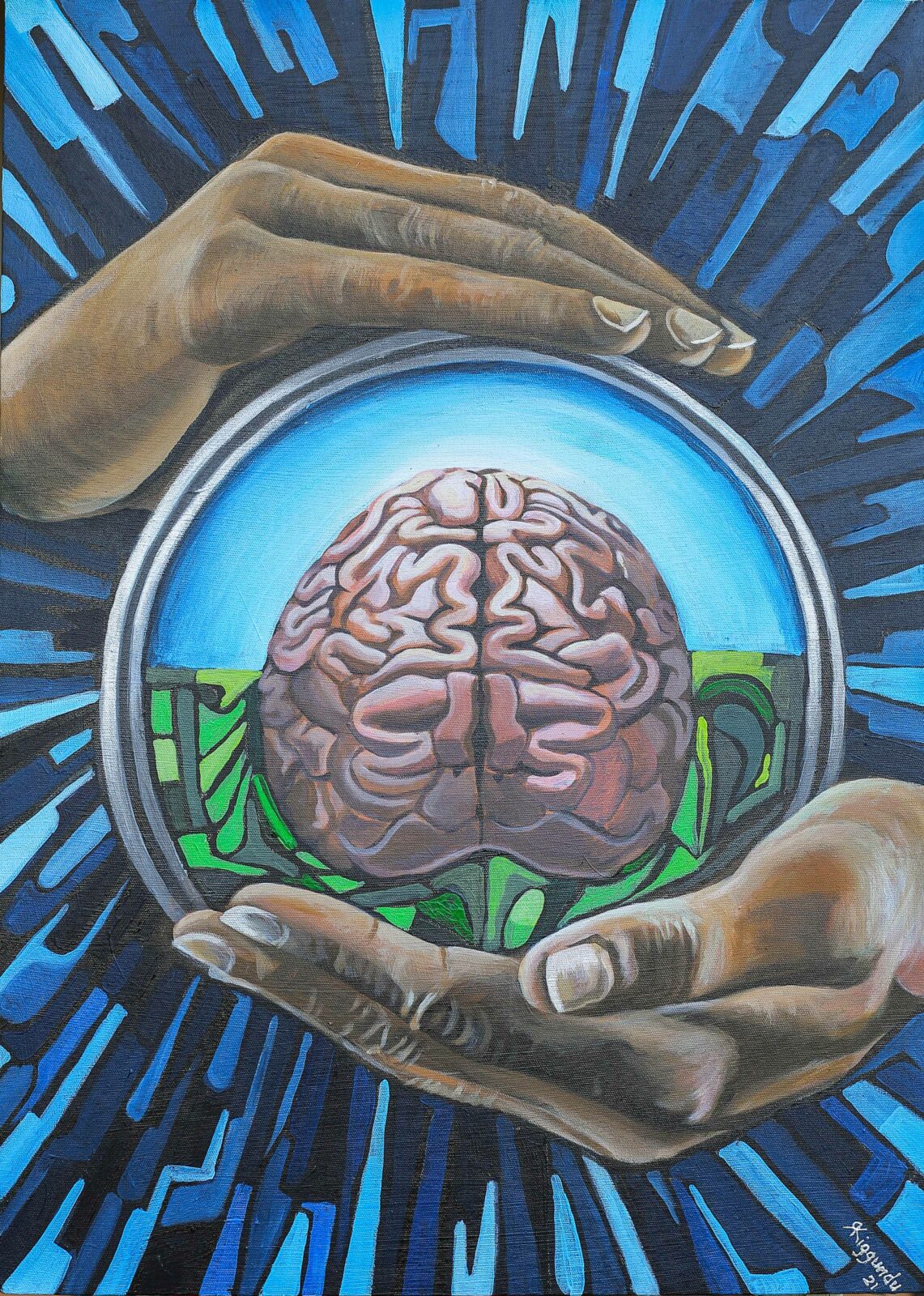
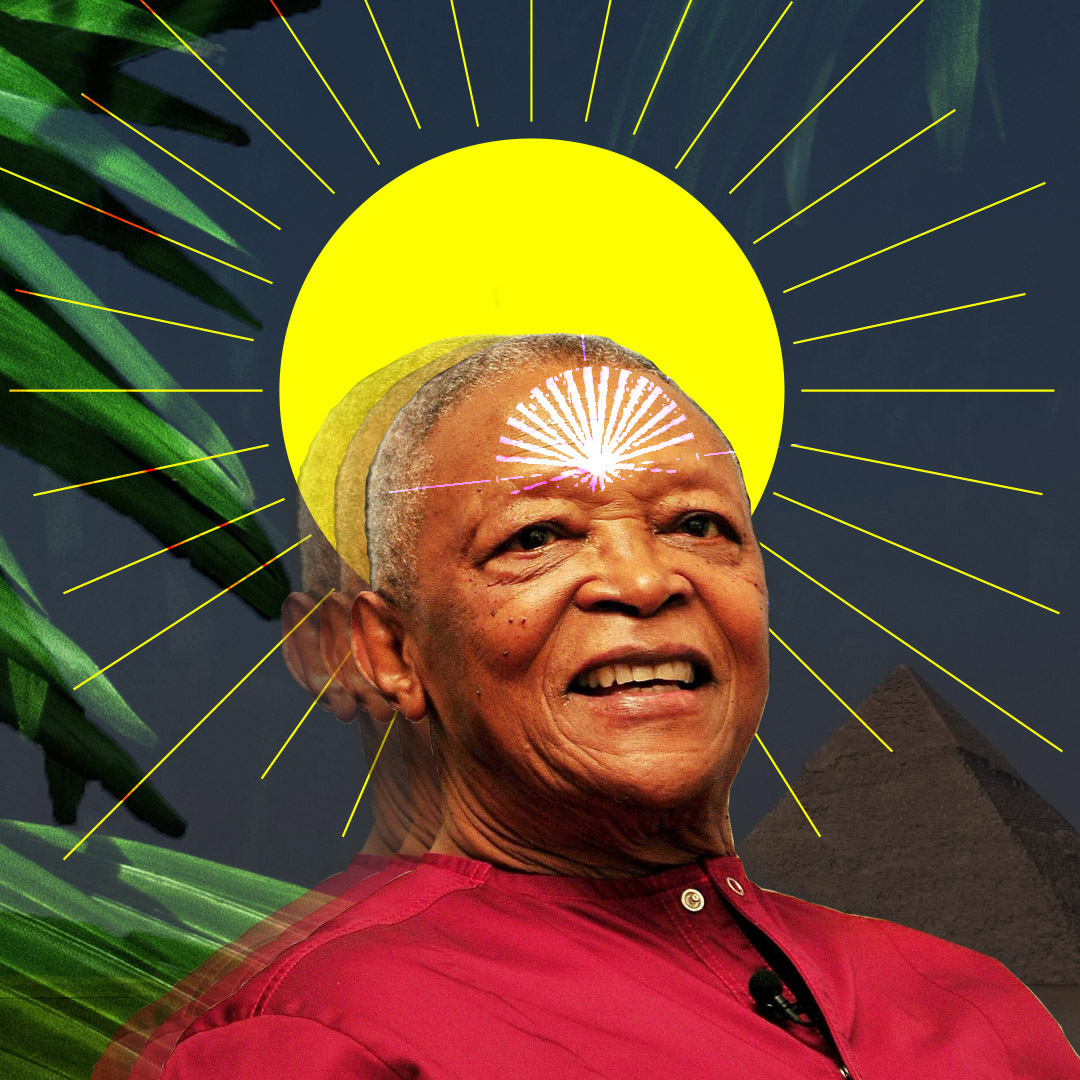
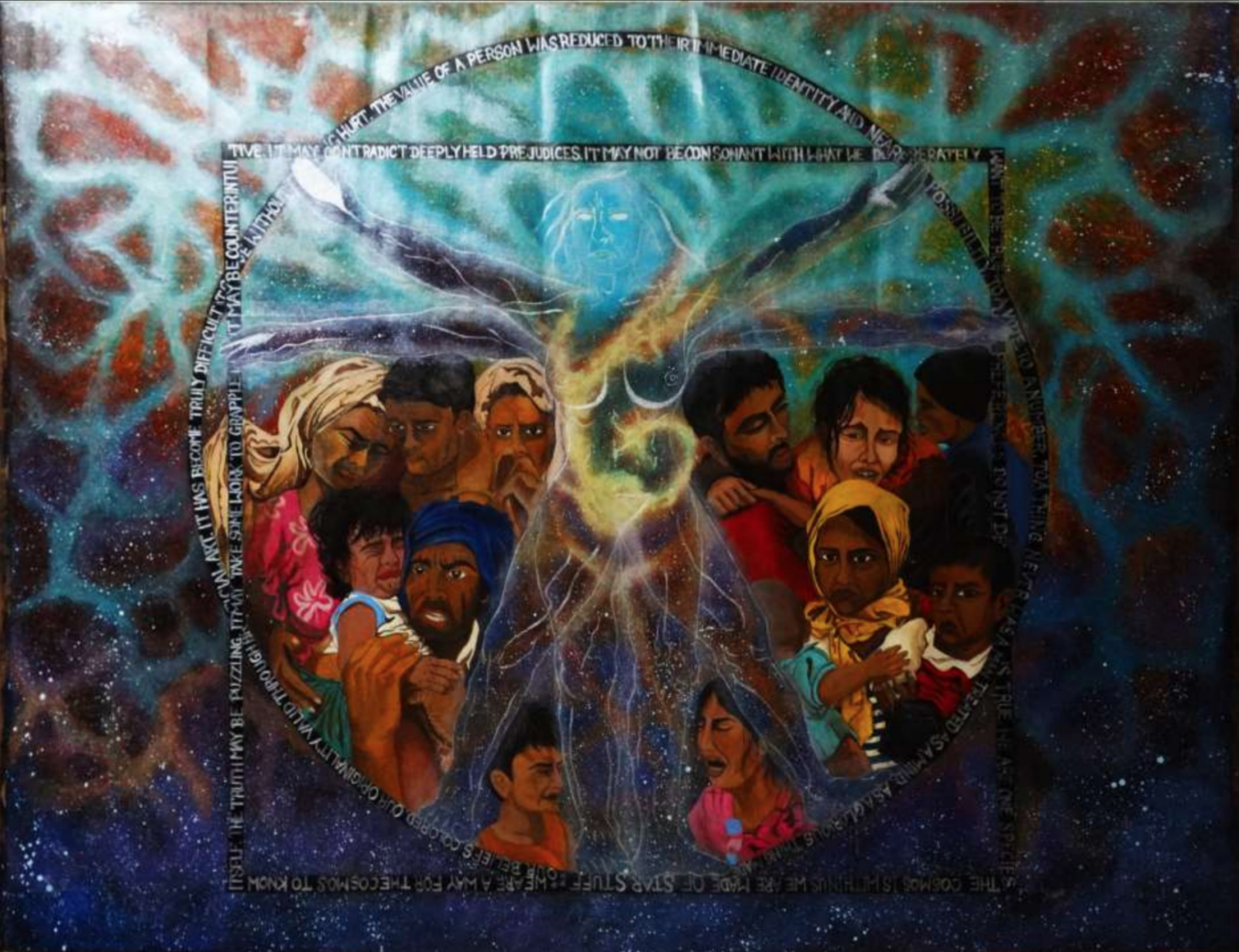
Many thanks to all the artists that uploaded artwork
this past Spring and Summer!
